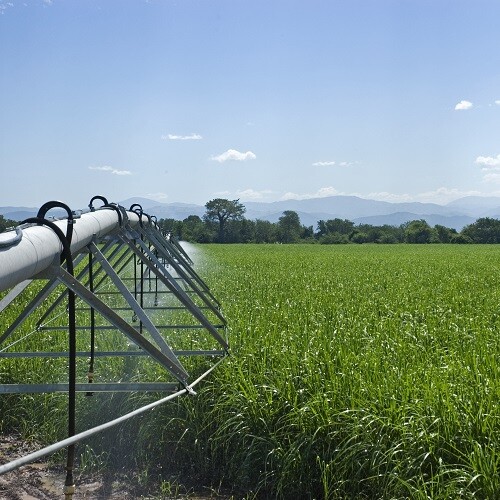
The Commercial Court in Blantyre on Tuesday resumed trial in which the country’s sole sugar producer, Illovo Sugar Malawi, is being accused of defrauding its local shareholders by presenting doctored financial statements to mask huge payments made to its parent company.
Illovo Sugar Malawi is in court after one of its shareholders Prudential Holdings Ltd (PHL) filed a lawsuit last year, accusing it of a series of fraud related charges including making undisclosed payments to Illovo South Africa and its UK-based parent company, Associated British Foods.
In the lawsuit, PHL chairperson, Ramesh Savjani is demanding the sugar producer and its 11 directors to disclose commission payments of K355 million ($500,000) and K603 million ($900,000) and the details of transactions and procurement services that attracted a K300 million ($450,000) with Illovo South Africa.
Other transactions under the spotlight include K122 million interest being payable to Illovo South Africa; selling of sugar worth K10.878 billion and K10.846 billion to Illovo England; management fees of K2.063 billion payable to Illovo South Africa; and procurement charges of K9.854 billion payable to Illovo South Africa.
PHL is also questioning why a five year management fees agreement signed in 2011 which was to see the local company paying $30,000 every month to Illovo South Africa was revised to $4.5 million per year.

Illovo Sugar Malawi is further being accused of failing to disclose excessive borrowing which resulted in a bank overdraft which increased by K1.2 billion. PHL claims the borrowings had no “commercial rationale and were without any adequate or proper consideration by the board.”
Court Trial
On Tuesday Savjani was called to the witness box to testify against Illovo Sugar and he accused the company of making unjust and reasonably unfair revision of management fees from $30,000 a month to $4.5 million which was not considered and approved by Illovo Sugar Malawi board but by the management team of Illovo South Africa.
Grilled by PHL lawyer, Davis Njobvu who was supported by a legal team from Savjani and Company, Savjani argued that the value of the agreement was quoted in US dollars – a deliberate ploy to defraud local shareholders more considering that the country’s inflation rate has a major impact on exchange rates.
“The fee fixed in US dollar is different to a fee in Kwacha terms. Inflation rates are different. It’s zero in USD,” he argued.
Savjani said there was no board resolution or minutes endorsing the management fees’ revision, made in 2013, adding that it was Illovo South Africa who was the beneficiary.
He revealed that it was executives of Illovo South Africa who were members of the audit committee for Illovo Sugar Malawi who made decisions, saying it was “not normal for that to happen.”
Savjani argued that Illovo South Africa managing director was not supposed to chair an audit committee of the local company, but there was need to elect an independent chair among Illovo’s non-executive directors to chair the audit committee.
He highlighted that the function of an audit committee is to act as an independent check on management regarding the conduct of financial affairs of Illovo Sugar Malawi.
According Savjani, Illovo Sugar Malawi was “being treated as a branch of Illovo South Africa.”
Despite Malawi Revenue Authority (MRA) not approving the revised management fees, Savjani revealed, Illovo South Africa continued to receive revised management fees of K2 billion and procurement fees of K10 billion in 2013 and 2015.
“These were pretty significant proportion of turnover of the company.”
The case which is before Justice John Katsala is expected to resume on Thursday 29th June when Illovo Sugar Malawi senior legal counsel Shabir Latif is expected to start parading witnesses.
Illovo Sugar Malawi which is listed on the Malawi Stock Exchange recently hiked sugar prices just months after the country experienced the worst sugar scarcity since 2012 due to the company’s failure to produce enough to meet the demand on the market.
The company keeps on monopolizing the sugar market a situation which consumer watchdogs, economists and investors have described as not health.















we gonna end that monopoly system…once the power will be in our hands…and we shall give new investors land to produce sugar
Offshore accounts killing mother Malawi
lets follow this one, tiwone komwe zithere
M